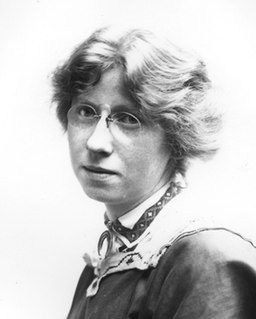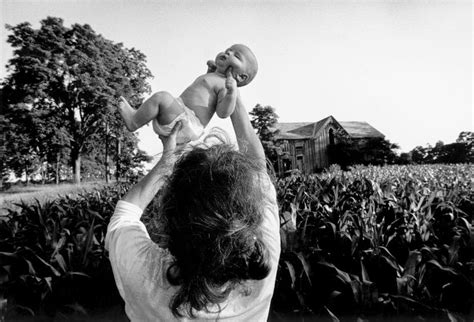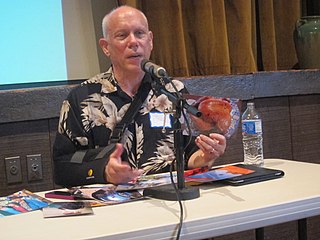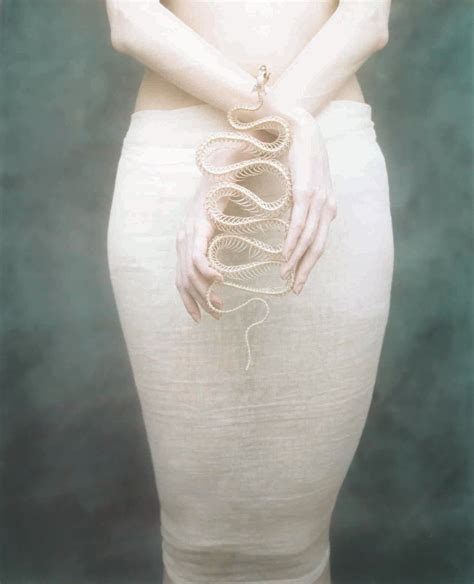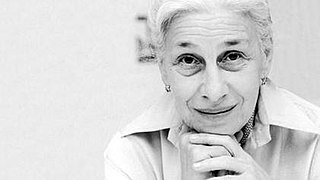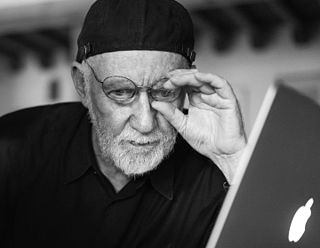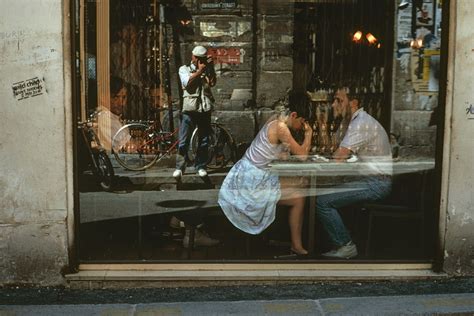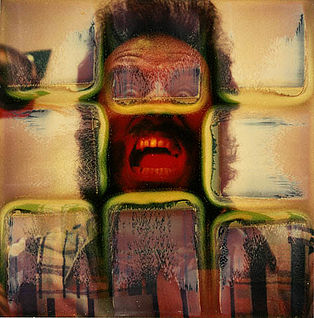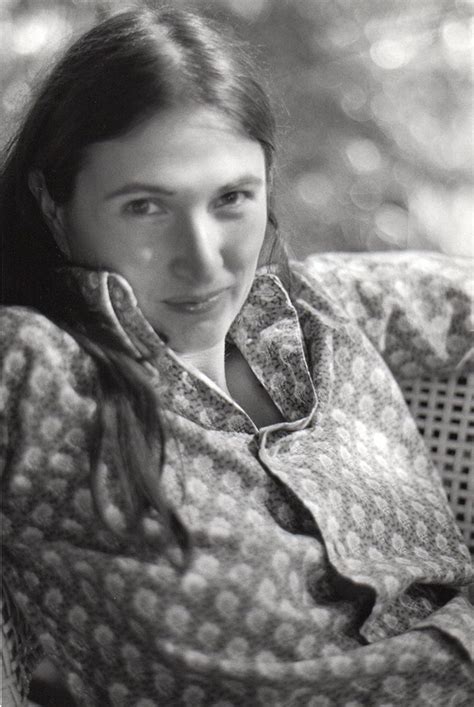A Quote by Imogen Cunningham
I never stopped photographing. There were a couple of years when I didn't have a darkroom, but that didn't stop me from photographing.
Related Quotes
Over the years I have photographed thousands of people. I have never stopped being curious and trying to discover new worlds. I have used my camera as a mirror for my subjects as well. I remember photographing a woman in her 80s for my book, Wise Women, who told me it had been a long time since anyone had really been interested in "seeing" or photographing her. When she saw the picture, she burst into tears. She saw something in the photograph, an inner beauty and soul, she felt had long ago vanished.
It doesn’t matter if you use a box camera or a Leica, the important thing is what motivates you when you are photographing. What I have tried to do is involve the people I was photographing. To have them realize without saying so, that it was up to them to give me whatever they wanted to give me . . . if they were willing to give, I was willing to photograph.
Snapshots that have been taken of me working show something I was not aware of at all, that over and over again I'm holding my own body or my own hands exactly like the person I'm photographing. I never knew I did that, and obviously what I'm doing is trying to feel, actually physically feel, the way he or she feels at the moment I'm photographing them in order to deepen the sense of connection.
I hate having my photograph taken and I try to keep that in mind when I'm photographing other people. But the best photos that I've taken are the ones when people have forgotten that I'm there. If I'm in a recording studio with a musician, for example, maybe I'm not photographing them in the middle of a take but I can just get that stolen moment of them resting and they glance over to me.
...I started photographing myself, and found that I could see portions of myself that I had never seen before. Since I face just my face in the mirror, I know pretty much what it's like. When I see a side-view I'm not used to it, and find it peculiar... So, photographing myself and discovering unknown territories of my surface self causes an interesting psychological confrontation.
I think when you're photographing - when anybody's photographing another person in a private situation, it's a kind of a seduction but it's not always a sexual seduction... I feel like when Jack [Welpott] was doing it, it was a sexual seduction and when I was doing it, it was more of a psychological seduction in order to get them to cooperate with me... Not because I wanted them to spread their legs or... be, you know, Wanna sleep with me? , or whatever.
